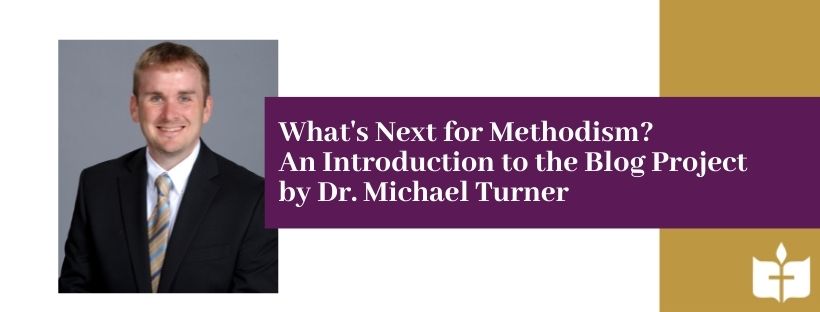
An Introduction to the Blog Project
I have had the privilege of working with students preparing for lay or ordained ministry in The United Methodist Church for almost all of my academic career. Since 2016 I have served as the primary faculty member in Wesleyan/Methodist studies at Memphis Theological Seminary (MTS). While an ecumenical ministry of the Cumberland Presbyterian Church, for decades MTS has been a leading institution in the Mid-South for producing graduates who are commissioned as elders or deacons in The United Methodist Church. United Methodist students continue to be the largest denomination represented at our school and a significant number of our full-time faculty are from a Pan-Methodist tradition.
Our UMC students are remarkably diverse. They hail from a wide variety of ages, racial backgrounds, political perspectives, and geographic locations. Many serve as local pastors, lay servants, or youth ministers. While many of my students are lifelong Methodists, others are converts. Some joined the faith because of a powerful religious experience, participation in a UMC led recovery program, divorce, or because ordination in their former tradition was simply not open to women.
In my years of teaching at MTS, I have noticed a heightened degree of anxiety among my UMC students as they reflect on the future of their denomination. In my Spring 2021 class “American Methodism: History, Doctrine, and Polity,” we spent substantial time discussing the present tensions in The UMC and the very likely possibility of a denominational schism at the next General Conference. Students were given the opportunity to prepare a blog post reflecting on the specific issues related to the future of the denomination or the Methodist tradition broadly speaking. Students wrote about the possibilities and challenges a schism in The UMC might provide; ways in which the limits on the sacramental authority of deacons in the denomination may be linked to gender discrimination; the effect of a potential schism on the Church’s youth; the role of guaranteed appointments and the church’s history of racism, and more.
In the weeks ahead, we’ll be sharing a selection of blog posts from MTS students, alumni, and friends on the future of United Methodism. In a time when contentious issues can often be over-simplified into an either/or binary, these blog posts are a reminder of the complexity and nuance at the heart of any decisions we make as the Church.
Dr. Michael Turner
Hamilton and Varnell Chair in Wesleyan Studies
Associate Professor of the History of Christianity
Director of the Methodist House of Studies